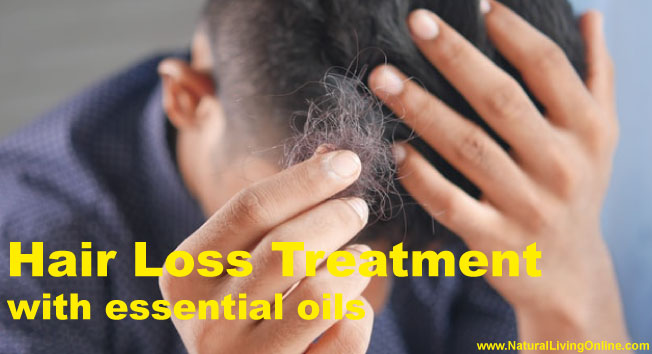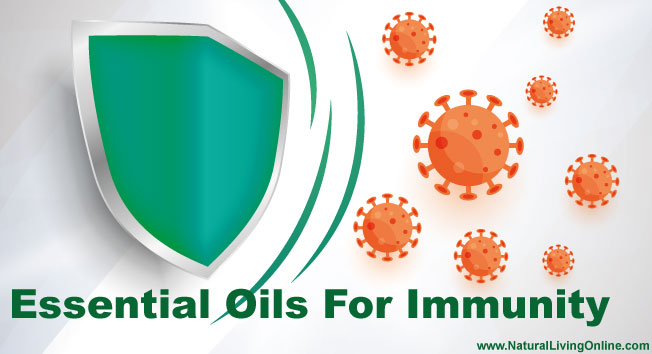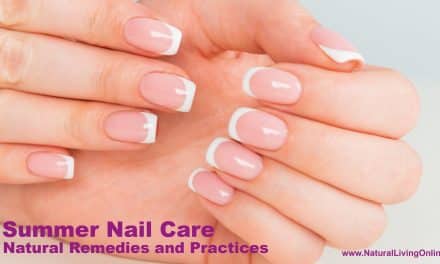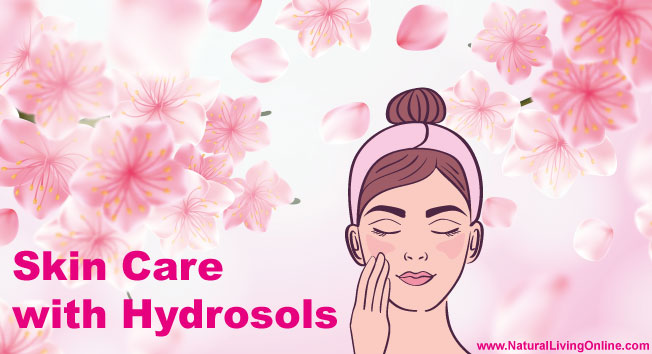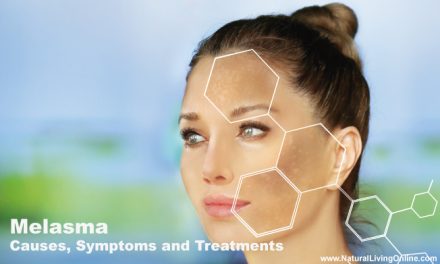Hair loss treatment with essential oils can be best alternative natural treatment. Essential oils can help to improve circulation and promote hair growth. They can also help to reduce stress levels, which can lead to hair loss. There are a few different essential oils that can be used for hair loss treatment, including rosemary oil, lavender oil, and cedarwood oil along with carrier oils. In this blog post, we will discuss the best essential oils for hair loss treatment, and how to use them.
What causes hair loss?
There are many possible causes of hair loss, including genetics, medications, and medical conditions. In most cases, hair loss is a result of a combination of these factors. Here are some common causes of hair loss:
Hormonal changes: Hair loss can be caused by changes in hormone levels. This can be due to pregnancy, childbirth, menopause, or thyroid problems.
Medical conditions: Hair loss can be a symptom of certain medical conditions, such as lupus erythematosus or cancer.
Medications: Certain medications can cause hair loss as a side effect. These include chemotherapy drugs, beta-blockers, and antidepressants.
Genetics: Hair loss can be passed down from parents to children. This is known as hereditary hair loss.
Stress: Physical or emotional stress can cause hair loss. This type of hair loss is called telogen effluvium.
Hair loss is not always a cause for concern. It is normal to lose 50-100 hairs per day. If you are losing more than this, it may be time to see a doctor. There are many treatment options available for hair loss, depending on the cause. These include medications, surgery, and lifestyle changes. One of the best and natural way of treating hair loss is by using the power of essential oils. Though it is nothing new and it has been used for centuries but its not known to many people.
What are some tips for preventing hair loss?
While there is no guaranteed way to prevent hair loss, there are some things you can do to reduce your risk:
-Avoid crash diets or severe calorie restriction.
-Eat a balanced diet that includes plenty of protein, iron, and other nutrients.
-Reduce stress levels through relaxation techniques such as yoga or meditation.
-Avoid hot showers or baths, and don’t use harsh chemicals on your hair.
-Use a soft brush or comb when brushing your hair. Avoid tight hairstyles such as braids or ponytails.
-If you are taking medication that may be causing hair loss, talk to your doctor about alternative medications.
How essential oils prevent hair loss?
There are a few different ways that essential oils can help to prevent hair loss. One is by stimulating blood circulation to the scalp. This can be done either through direct application or by inhaling the oil. rosemary oil is particularly good for this purpose.
Another way that essential oils can help to prevent hair loss is by reducing stress levels. Stress is one of the major contributing factors to hair loss, so anything that can be done to reduce it will help. Lavender oil is one of the best essential oils for reducing stress and promoting relaxation.
Finally, some essential oils have properties that help to strengthen hair follicles and promote healthy hair growth. These include peppermint oil, which has menthol content that helps to stimulate the scalp, and cedarwood oil, which has antiseptic and astringent properties that can help to reduce inflammation and promote hair growth.
List of best essential oils for hair loss treatment:
There are a few different essential oils that can be used to help with hair loss.
Rosemary essential oil: Rosemary essential oil is one of the best essential oils for hair loss. It can help to stimulate hair growth, and it also has a refreshing scent.
Lavender essential oil: Lavender essential oil is another good option for hair loss. It can help to soothe the scalp and promote hair growth.
Peppermint essential oil: Peppermint essential oil is also a good choice for hair loss. It can help to stimulate the scalp and promote hair growth.
Chamomile essential oil: Chamomile essential oil is another good option for hair loss. It can help to soothe the scalp and promote hair growth.
Geranium essential oil: Geranium essential oil is another good choice for hair loss. It can help to soothe the scalp and promote hair growth.
Cedarwood essential oil: Cedarwood essential oil is another good choice for hair loss. It can help to stimulate the scalp and promote hair growth.
Clary sage essential oil: Clary sage essential oil is another good choice for hair loss. It can help to soothe the scalp and promote hair growth.
There are a few different carrier oils that can be used to dilute the essential oils before applying them to the scalp.
Coconut oil: Coconut oil is a good choice for a carrier oil because it can help to moisturize the scalp.
Olive oil: Olive oil is another good choice for a carrier oil. It can help to condition the scalp and promote hair growth.
Jojoba oil: Jojoba oil is also a good choice for a carrier oil. It can help to balance the natural oils on the scalp and promote hair growth.
To use essential oils for hair loss, add a few drops of the oil to a carrier oil and massage it into the scalp. Leave it on for at least 30 minutes before washing it out. Repeat this process several times per week.
There are a few different methods that can be used to apply essential oils to the scalp.
Massage: Massaging the essential oil into the scalp can help to stimulate blood flow and promote hair growth.
Inversion: Inversion is a technique that involves hanging upside down for a few minutes each day. This can help to increase blood flow to the head and promote hair growth.
Hot towel: Applying a hot towel to the head for a few minutes can also help to increase blood flow to the head and promote hair growth.
Do you have any favorite essential oils that you use for treating your hair? Let us know in the comment section below.
This website does not provide medical advice.
All information provided on this website, and on associated social media networks, including but not limited to texts, images, and numbers are for general information purpose only. It is not intended as medical advice and it does not include all possible precautions, side effects, or interactions that may occur. Neither NaturalLivingOnline.com nor its author/founder take responsibility for how you use this information. Statements contained on NaturalLivingOnline.com have not been evaluated by the FDA. You should conduct thorough research via multiple sources and consult your physician or qualified doctor before using any essential oil or herbal remedy. Information on NaturalLivingOnline.com must not be relied upon for medical, legal, financial or other decisions.

